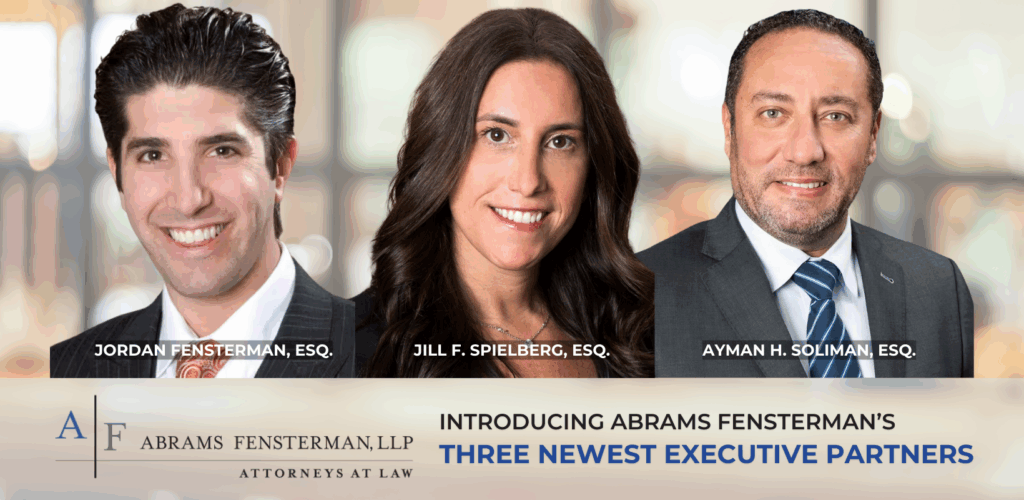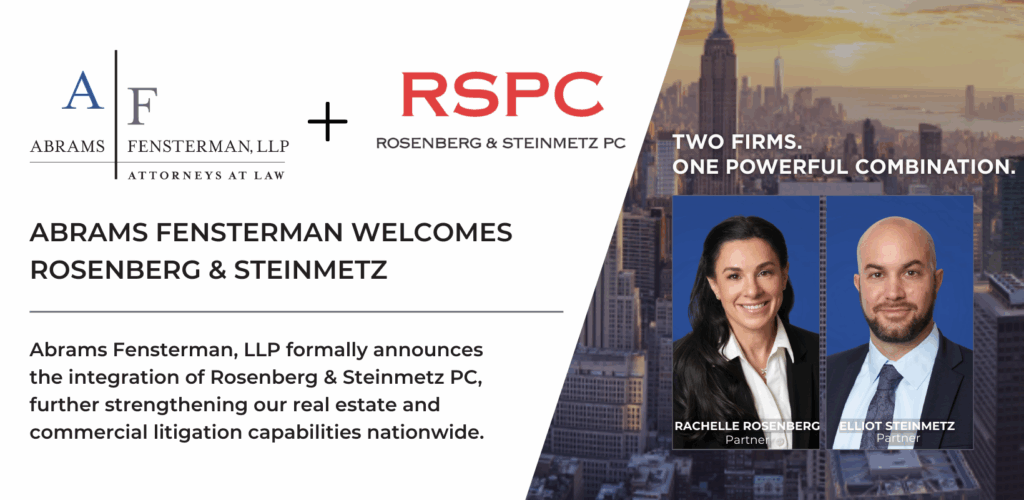As layoffs continue to dominate headlines across various industries, the subject of providing severance agreements to departing employees becomes more pressing. While severance is not legally required, terminated employees may be offered it if both the employer and employee agree on terms.
In these negotiations, non-disparagement clauses have been an important bargaining chip for departing workers, as they could secure increased compensation without giving up anything of value to them. Consequently, businesses and employees often agree to broad non-disparagement agreements to their mutual benefit. Not anymore.
On Feb. 21, 2023, the National Labor Relations Board issued a sweeping ruling that prohibits employers from including non-disparagement clauses (and payment for them) in severance agreements. The decision in McLaren Macomb and Local 40 RN Staff Council, Office and Professional Employees, International Union, AFL-CIO, 372 NLRB No. 58 (2023), 2023 WL 2158775, marks a dramatic about-face for the NLRB, which just three years earlier had reversed its longstanding opposition to such agreements in Baylor University Medical Center, 369 NLRB No. 43 (2020) and IGT d/b/a International Game Technology, 370 NLRB No. 50 (2020).
The McLaren decision was rendered over the dissent of one board member who had been in the majority in those 2020 cases, reflecting the emerging split within the NLRB.
In McLaren, the NLRB held that under the Section 8(a)(1) of the National Labor Relations Act (the “Act”), employers may not offer former employees severance agreements that, broadly, prohibit an employee from making statements that disparage the employer.
The NLRB held that the non-disparagement provision at issue—prohibiting the former employee from making any statements “which could disparage or harm the image of [the] Employer”—“on its face substantially interferes with employees’ Section 7 rights,” because “[p]ublic statements by employees about the workplace are central to the exercise of employee rights under the Act.” 2023 WL 2158775, *9.
Moreover, the NLRB found, the severance agreement provided “no definition of disparagement that cabins that term” to employees’ communications that are “so disloyal, reckless or maliciously untrue as to lose the Act’s protection.” Id. (citing NLRB v. Electrical Workers Local 1229 (Jefferson Standard Broadcasting Co.), 346 U.S. 464, 477 (1953)).
The result, therefore, was “a sweepingly broad bar that has a clear chilling tendency on the exercise of Section 7 rights by the subject employee…which would include future cooperation with the board’s investigation and litigation of unfair labor practices with regard to any matter arising under the NLRA…[t]he same chilling tendency would extend to efforts by furloughed employees to raise or assist complaints about the [employer] with their former coworkers, the Union, the board, any other government agency, the media, or almost anyone else.” Id. at *10.
Significantly, the NLRB held that whether the employee accepts the severance agreement is “immaterial” and no showing of employer coercion is required—the employer’s mere offer is a violation of Section 8(a)(1) of the Act. Id. at *9.
The NLRB further concluded that the proffer of a severance agreement that has “a reasonable tendency to interfere with, restrain, or coerce employees in the exercise of their Section 7 rights” alone is unlawful, with no need to establish an independent employer “animus” which “surrounds or infects” the severance agreement offer. Id. at *5-6.
The NLRB’s rulings in McLaren are a would-be solution in search of a problem. Indeed, the ban on broad non-disparagement provisions in severance agreements leaves both workers and employers worse off. A former employee, who may otherwise not be entitled to severance benefits, is precluded from obtaining such benefits in exchange for an entirely voluntary promise not to disparage her former employer. This severely limits departing employees’ bargaining power, and applies regardless of what incentives the employer offers, or whether the employee had any intention of disparaging her employer in the first place.
Thus, departing employees, who may be vulnerable and in need of severance benefits, are deprived of a key asset that they could trade. For companies, the NLRB’s new rule diminishes predictability and the ability to safeguard their brand image and avoid adverse publicity. And, importantly, it promotes inefficiency by forcing companies to allocate more resources toward addressing disparagement than they might otherwise expend if they were able to negotiate a non-disparagement agreement with a departing worker who may be happy to oblige her former employer in exchange for a generous severance package.
As the NLRB itself observed just three years ago in IGT, a separation agreement typically differs from a work rule governed by the Act in two critical ways: (a) the agreement is not mandatory and not a condition of continuing employment, and (b) it pertains to postemployment activities with no impact on terms and conditions of employment or benefits that the employer would be obligated to pay regardless of whether a departing employee signs the agreement. IGT, 2020 WL 6940902, *2 (citing Baylor University Medical Center).
Moreover, although the NLRB in McLaren held that Section 7 of the Act applies to former employees (2023 WL 2158775, *7), federal courts have held that the Act’s protection does not extend to former employees accepting severance agreements after termination absent “any current labor dispute or because of any unfair labor practice.” See Cryer v. Franklin Resources, Inc., 2017 WL 4410103, *3 (N.D. Cal. Oct. 4, 2017) (citing 29 U.S.C. §152(3)). But see Cellular Sales of Missouri, LLC v. NLRB, 824 F.3d 772, 779 (8th Cir. 2016) (considering not a severance agreement, but a mandatory employment agreement offered as a condition of employment, and holding “a former employee continues to be an ‘employee’ within the meaning of the NLRA”).
Taken in this light, the banning of a voluntary severance agreement offered to a former employee containing a non-disparagement provision makes even less sense.
Even under the unnecessarily strict ruling in McLaren, a non-disparagement clause precluding disloyal, reckless, or maliciously untrue statements by a former employee would be acceptable.
Indeed, federal appellate courts have consistently held that employees who make false, malicious or reckless claims about their employers may not be entitled to the Act’s protections. See, e.g., Oncor Electric Delivery Company LLC v. NLRB, 887 F.3d 488, 492 (D.C. Cir. 2018) (disparaging statements enjoy the Act’s protection “where [i] the communication indicate[s] it is related to an ongoing dispute between the employees and the employers and [ii] the communication is not so disloyal, reckless or maliciously untrue as to lose the Act’s protection”); MikLin Enterprises, Inc. v. NLRB, 861 F.3d 812, 822 (8th Cir. 2017) (“an employee exceeds the boundaries of protected activity when she falsely and publicly disparages her employer or its products and services”).
But companies—and their employees—should not be so circumscribed as to how they relate to each other at the end of the employment relationship. Fundamentally, as the U.S. Court of Appeals for Third Circuit recently stated: “In protecting employees’ statutory labor rights, neither we, nor the board, can violate an employer’s right to free speech under the First Amendment.” FDRLST Media, LLC v. NLRB, 35 F.4th 108, 126 (3d Cir. 2022).
Thus, “[a]n employer is not barred from communicating his views on unions—even his anti-union views—to his employees, but he cannot threaten employees with reprisals or promise them benefits in relation to unionization.” Id. at 122 (citing NLRB v. Gissel Packing Co., 395 U.S. 575 (1969)).
This bedrock principle should apply in the converse as well. Employers and departing employees should be permitted to freely contract to withhold speech if they so choose, in the absence of threat, coercion or other unlawful activity by an employer. The NLRB’s new rule undermines the incentive for businesses to offer valuable severance benefits that a departing employee may need. The result is an unfortunate, and entirely predictable, situation in which both sides will lose. A reconsideration of this rule by the NLRB would be not only good law, but good policy, as it would benefit both workers and their former employers.
Justin T. Kelton and Mordecai Geisler are partners at Abrams Fensterman, specializing in complex commercial litigation. They can be reached at [email protected], or [email protected].
Reprinted with permission from the March 30, 2023 edition of The New York Law Journal, © 2023 ALM Media Properties, LLC. All rights reserved. Further duplication without permission is prohibited. ALMReprints.com – 877-257-3382 – [email protected].





